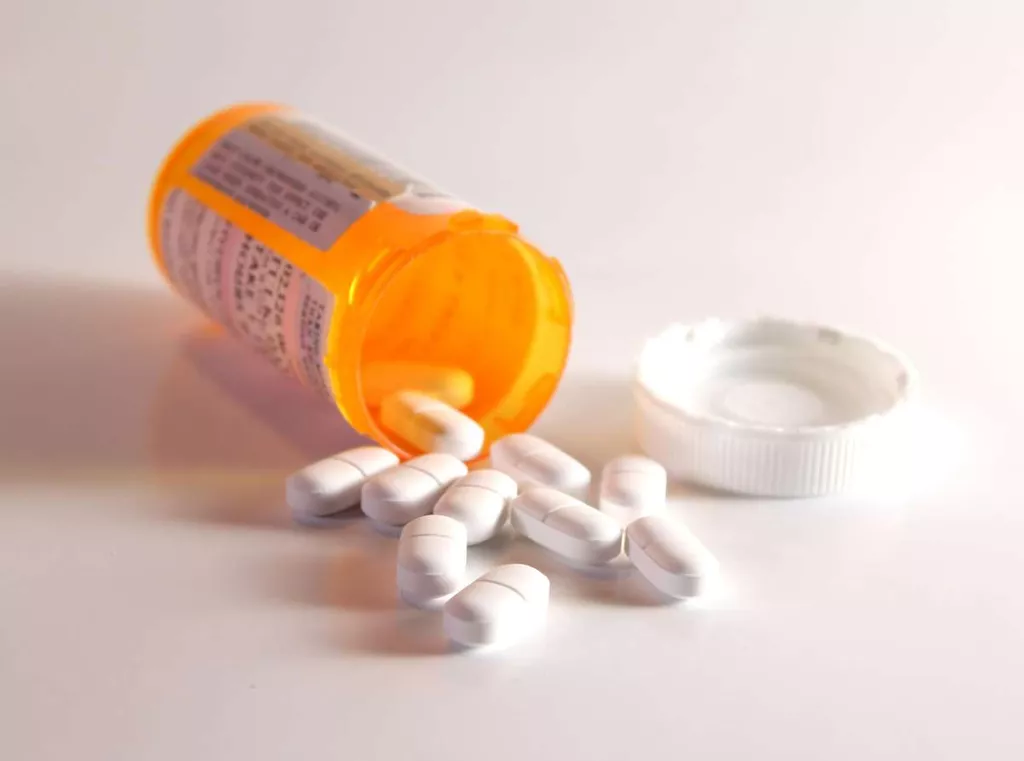What Happens to Your Body When You Quit Drinking?

Being intoxicated sends the hypothalamus in the brain into high gear, which makes the body more sensitive to food smells. That, combined with alcohol’s famous ability to remove inhibitions, leads to extra eating. “I never really thought about the consequences until I turned 18 and started going to clubs every weekend,” she says. With the support of her boyfriend, she decided to stop drinking alcohol completely to see if it improved her health and wellbeing. The million dollar question, of course, is exactly how much alcohol is problematic?
- “Not drinking, or drinking within low-risk guidelines, reduces the risk of these cancers.”
- After detoxification, individuals may experience significant cognitive impairments, but improvements can typically start emerging within two to four weeks.
- If you have alcohol use disorder and want help, a healthcare provider can guide you to resources and rehabilitation programs to help you quit.
Enhancement in Lifestyle

It’s partially the simple concept of calorie counting—alcohol, especially beer, contains a lot of calories. A single IPA may have as many as 200 calories; and a margarita could have roughly 300. If you suddenly drop hundreds of calories a day, the pounds will drop off over time. Research shows a link between alcohol consumption and heightened senses.
The Importance of A Routine For Recovery

So when you stay away from alcohol, the number on your scale may well start moving down. Learn effective techniques to manage stress and support your journey. Stay informed about the risks of driving under the influence of prescription drugs. Find inner peace, purpose, and connection on your journey to sobriety.
Can the health impacts of heavy drinking be reversed?
Medical detox ensures you will be as safe as possible by providing 24/7 monitoring that helps recognize and treat complications effectively and as rapidly as possible. Alcohol can cause inflammation and damage to your liver when used heavily over prolonged periods. After stopping alcohol, inflammation in your liver caused by alcohol will subside. Most of this inflammation will be gone by your fourth week of abstinence. While any scarring caused by liver inflammation (called cirrhosis) will be permanent, the effects of inflammation itself will be almost completely resolved by week four. Even just one bout of drinking too much may weaken your body’s germ-fighting power for up to 24 hours.
After 3 months:
Enhanced decision-making leads to improved interpersonal skills, greater productivity, and an overall better quality of life. Detoxification from alcohol is not just about the physical withdrawal; it fundamentally impacts cognitive abilities. As alcohol leaves the system, many individuals experience a restoration of cognitive functions, allowing for clearer thoughts and improved decision-making capabilities. Alcohol Use Disorder The brain’s ability to regain balance leads to enhancements in memory and reasoning, which are crucial for effective decision-making. Improved mental clarity following detox can significantly impact workplace performance.

Excessive alcohol consumption contributes to cognitive deficits, dramatically reducing mental clarity. Heavy drinking can induce a state commonly referred to as ‘brain fog’, characterized by confusion and impaired mental performance. Alcohol often disrupts neurotransmitter balance in the brain, negatively impacting mental clarity and memory. Regular use can even shrink regions critical for learning and memory, like the hippocampus. However, abstaining from alcohol can facilitate recovery, leading to marked improvements in cognitive function.
Start Talking to Your Kids About Alcohol Early

Later they’ll include moving towards feeling hope, returning self-esteem and may include creating new circles of stable friendships or reviving and rebuilding relationships. The Jellinek Curve, a tool that outlines signs and symptoms of alcoholism and indicators of addiction and recovery, details some of the other formative milestones people may experience as they get well. If you think you have a dependence on alcohol or if a trusted family member or friend has mentioned it to you, it’s best to seek help from your doctor when you’re ready to stop drinking.
Why Setting Goals in Recovery Helps Maintain Long-Term Sobriety
Sustained abstinence allows the brain to begin healing, promoting the regeneration of neurotransmitters that were previously depleted by alcohol use. In these cases, she said that talking with a healthcare provider about taking specific withdrawal medication could be helpful. Talk therapy, either as an individual or as part of a group, can also offer support through the process of quitting. One way to represent the average drinker may be what happens when you stop drinking to focus on people who don’t have a history of alcohol dependence. This is exactly what one study, published in the British Medical Journal, did in 2018.



